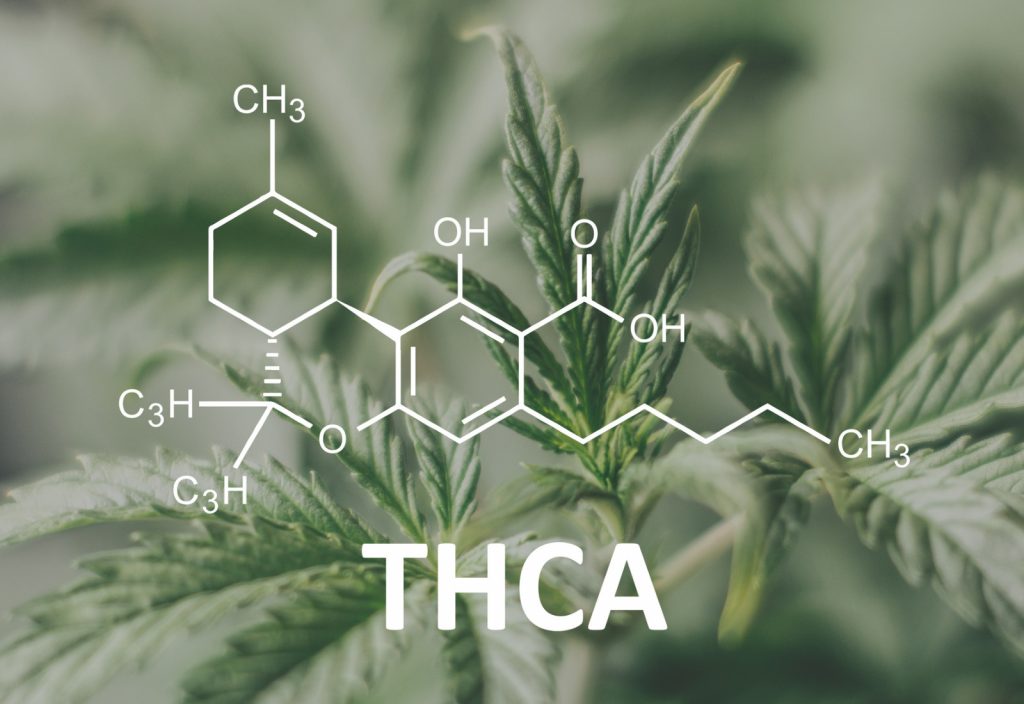
Ever since Congress passed the Agricultural Improvements Act of 2018 (or 2018 Farm Bill), people have tried to find creative ways to sell intoxicating hemp-derived products. One example of this is THCA products, such as THCA flower, which contain very high levels of THCA. Today, I want to examine the legal status of THCA products and why the “loophole” seems like it’s coming to an end.
A primer on the 2018 Farm Bill and THCA
For starters, Hemp may only have 0.3% delta-9 tetrahydrocannabinol (THC). According to the DEA, if hemp or its derivatives contain levels of THC in excess of 0.3%, they are considered marijuana. The issue is that hemp also generally delta-9 tetrahydrocannabinol acid (THCA). And THCA, when subjected to heat, converts into THC.
While THCA itself is not referred to in the federal definitions of marijuana or hemp, it nevertheless plays an essential role in the determination of a products status as legal or illegal because of the conversion to THC. The 2018 Farm Bill mandates that all hemp be tested for “total THC” – which is defined to include the actual THC content plus the THCA converted into THC. If the sum of THC using this method
Read full article on HarrisBricken


